Find A Professional
More Items From Ergsy search
-
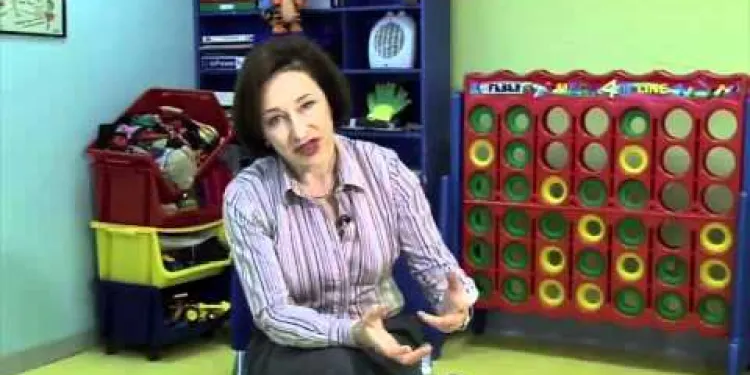
Helping Children With Co-ordination Difficulties
Relevance: 100%
-
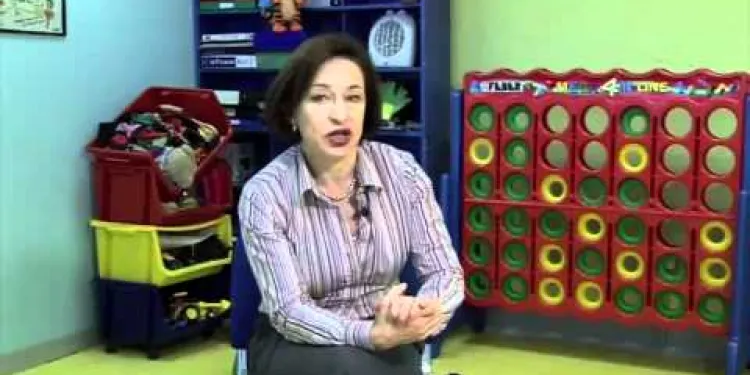
Children With Co-ordination Difficulties and Dyspraxia
Relevance: 88%
-
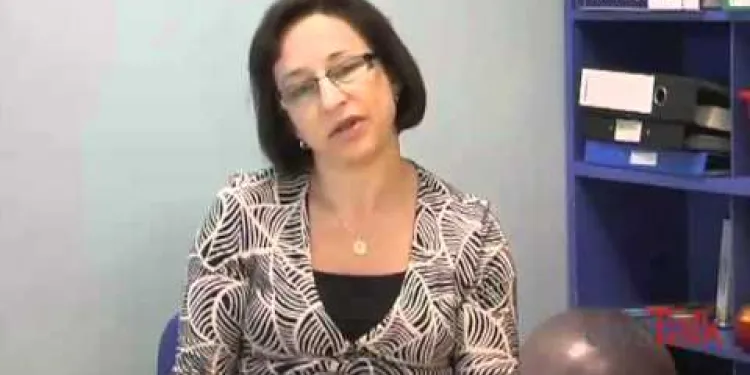
Dyspraxia Symptoms & Signs
Relevance: 86%
-
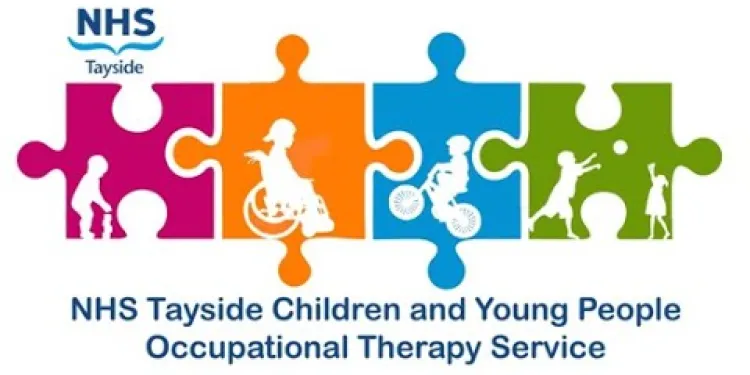
Developmental Coordination Disorder (DCD) for Children and Young People
Relevance: 75%
-
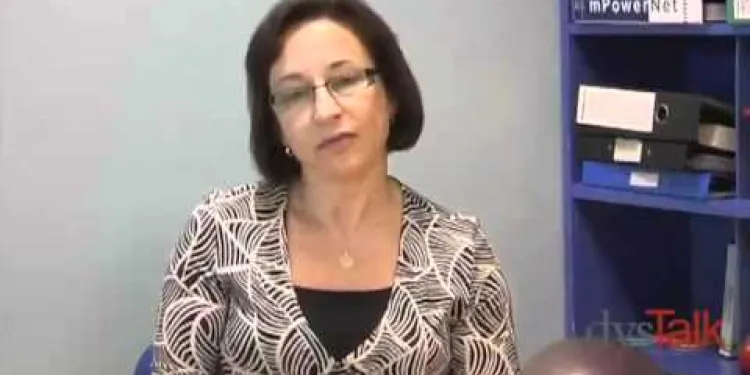
Dyspraxia Children: How to Help
Relevance: 71%
-
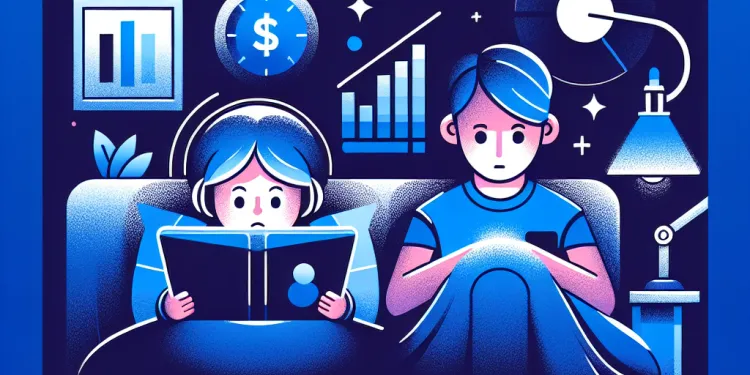
Are children more affected by screen time in relation to sleep than adults?
Relevance: 71%
-

Are children more affected by new variants of COVID?
Relevance: 71%
-
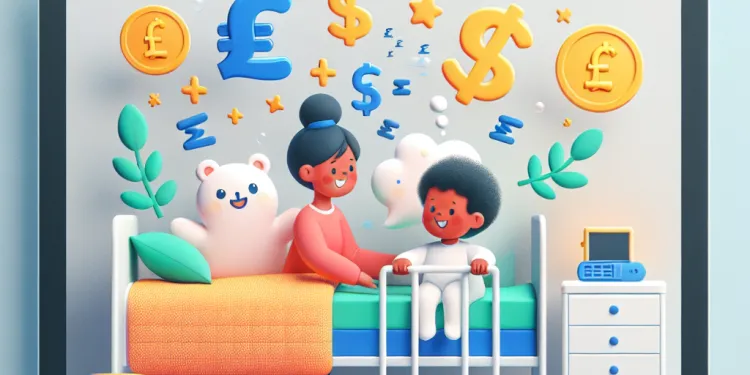
Can children have sleep apnea?
Relevance: 65%
-
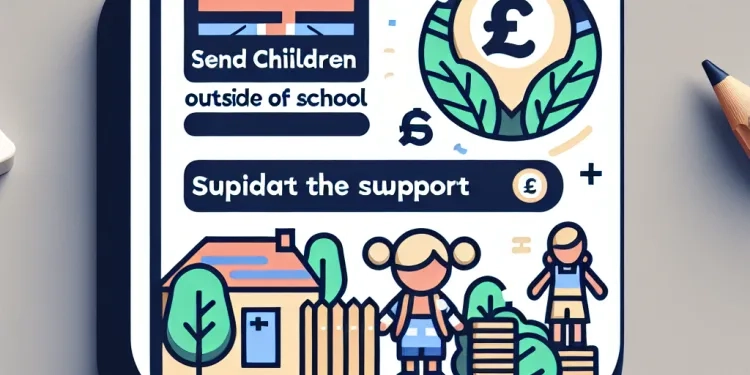
What support is available outside of school for SEND children?
Relevance: 64%
-

Can children receive the flu vaccine as a nasal spray?
Relevance: 62%
-

Can children get NHS dentist appointments?
Relevance: 60%
-

What are SEND children?
Relevance: 60%
-

Who are SEND children?
Relevance: 60%
-

Can SEND children access extracurricular activities?
Relevance: 59%
-

Can children take the same cold medications as adults?
Relevance: 59%
-
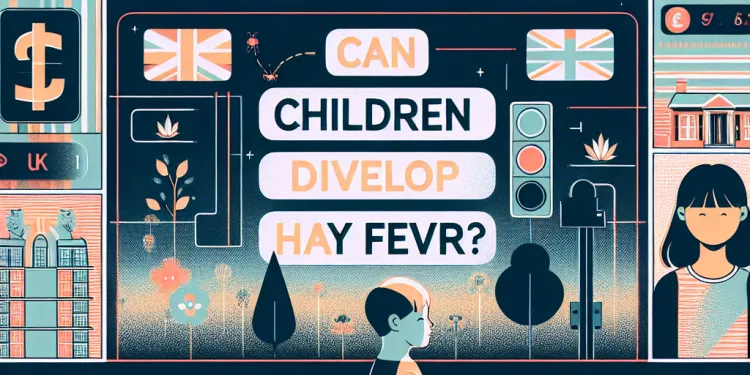
Can children develop hay fever?
Relevance: 58%
-

What is the role of parental monitoring in children's screen time and sleep?
Relevance: 56%
-

What are the common symptoms of lupus in children?
Relevance: 53%
-

Can children benefit from chiropractic care?
Relevance: 52%
-

Do SEND children attend mainstream schools?
Relevance: 51%
-
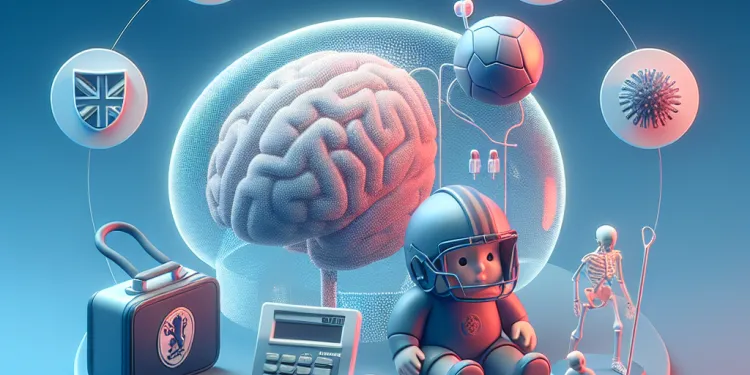
Are children more susceptible to concussions than adults?
Relevance: 51%
-

Does sleep apnea occur only in adults?
Relevance: 51%
-

Can children with disabilities access school meals?
Relevance: 51%
-

What causes lupus in children?
Relevance: 50%
-

Can children outgrow asthma?
Relevance: 49%
-
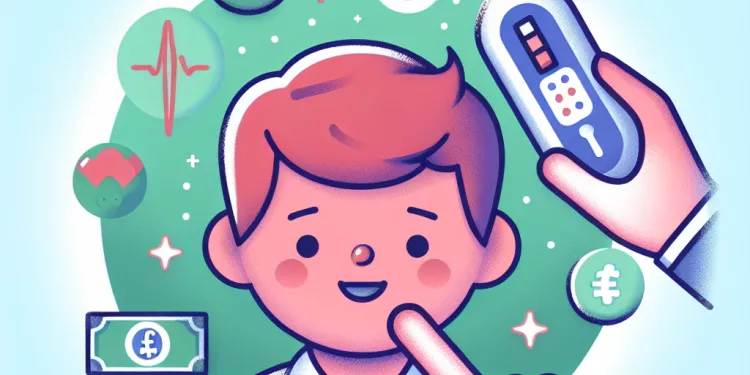
Which medication should be avoided for children with fevers?
Relevance: 49%
-

Live Fear Free - The Effect of Domestic Abuse on Children
Relevance: 49%
-

Can children use Mounjaro?
Relevance: 48%
-

How can I keep children safe during a heatwave?
Relevance: 47%
-

How is progress measured for SEND children?
Relevance: 47%
-
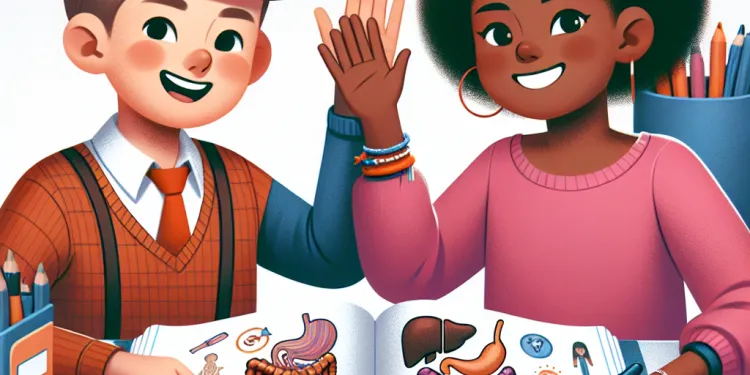
Can children develop Crohn's disease?
Relevance: 46%
-
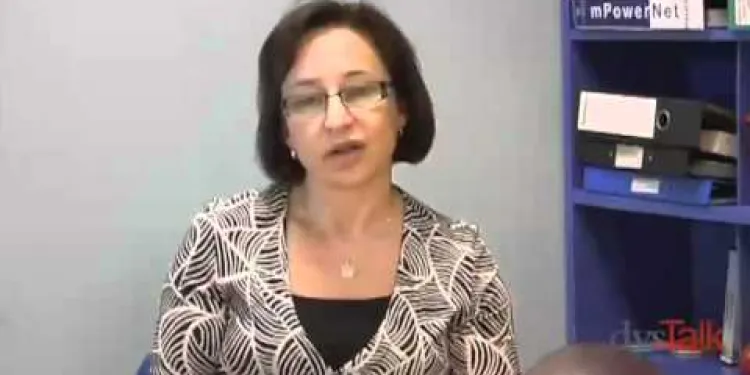
Dyslexia, Dyspraxia & Overlapping Learning Difficulties
Relevance: 46%
-
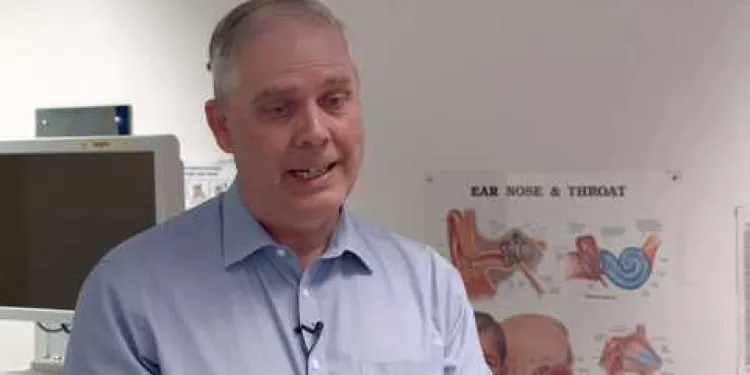
Evidence-Based Interventions: grommets for glue ear in children
Relevance: 45%
-
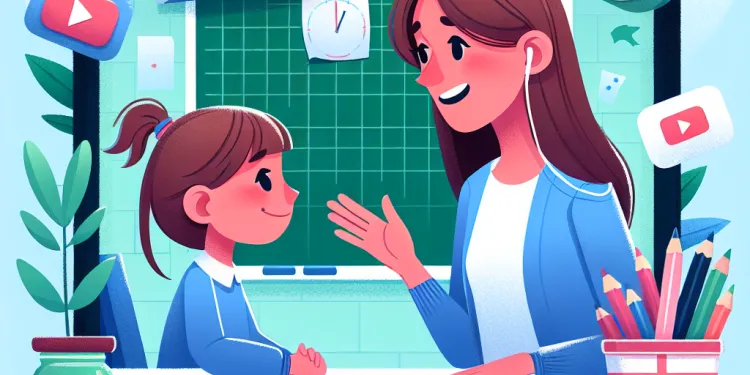
Understanding Mental Health in Children
Relevance: 43%
-
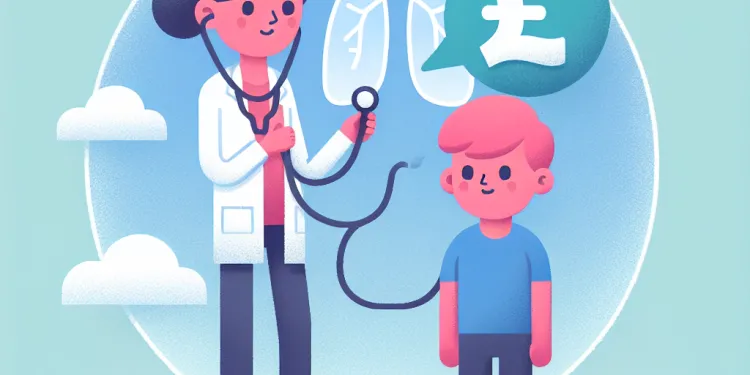
What is lupus in children?
Relevance: 43%
-
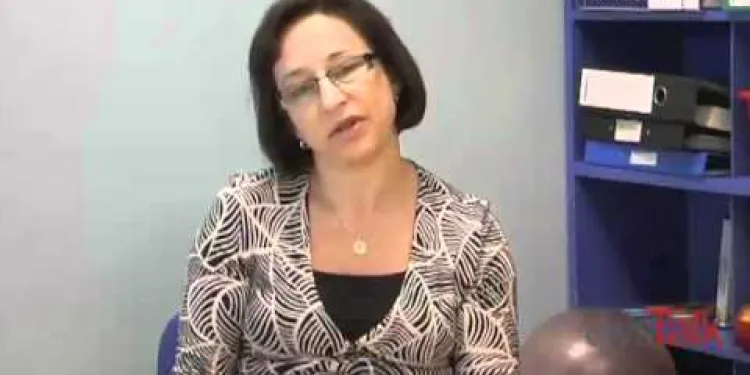
Dyspraxia Symptoms & Signs
Relevance: 42%
-

What support is available for SEND children in schools?
Relevance: 41%
-
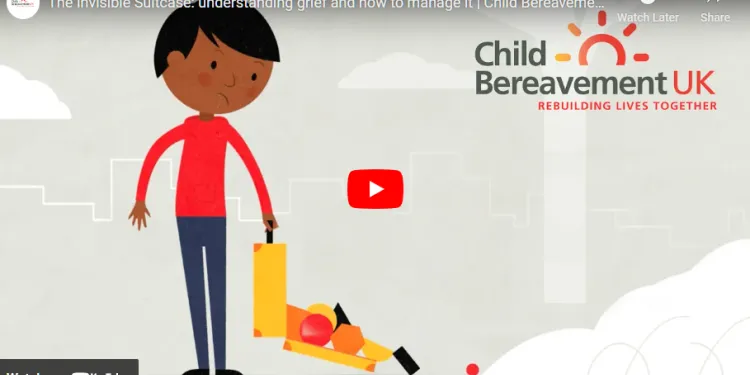
Child Bereavement
Relevance: 40%
-

Lupus in children | NHS
Relevance: 40%
-

Can defibrillators be used on children?
Relevance: 40%
Helping Children With Co-ordination Difficulties
Understanding Co-ordination Difficulties
Co-ordination difficulties can significantly affect a child's ability to perform everyday tasks. These difficulties, often referred to as Developmental Coordination Disorder (DCD) or dyspraxia in the United Kingdom, manifest in clumsiness, difficulty with fine motor skills, and challenges in physical activities. Being informed about these challenges is the first step in providing effective support.
Identifying the Signs
Identifying co-ordination difficulties early is crucial. Look for signs such as frequent tripping or bumping into objects, struggles with tasks like tying shoelaces or using utensils, and difficulty in participating in sports. If you notice these signs, it may be beneficial to consult a healthcare professional for an accurate diagnosis and tailored intervention plan.
Support Strategies at Home and School
Consistent support both at home and in school environments can markedly improve outcomes for children with co-ordination difficulties. Simple adaptations such as using larger writing tools, providing step-by-step instructions, and incorporating physical activities that enhance motor skills can be beneficial. Engaging in family activities that promote coordination, like dancing or playing catch, can also support development.
Professional Support Services
In the UK, various services are available for children with co-ordination difficulties. Occupational therapists can provide individualized therapy plans, focusing on improving motor skills and daily living activities. Schools may offer additional support through specialist educators and tailored physical education programmes. Parents are encouraged to work closely with these professionals to track progress and adjust strategies as needed.
Building Confidence and Self-Esteem
Children with co-ordination difficulties may experience frustration and low self-esteem. It's essential to foster a positive environment that celebrates small achievements and encourages consistent effort. Praise their progress, create opportunities for success, and be patient with their pace of learning. Emotional support can play a significant role in their overall development and well-being.
Conclusion
Helping children with co-ordination difficulties requires a holistic approach involving early identification, practical support strategies, professional assistance, and emotional encouragement. With the right support, children can improve their motor skills and gain confidence, paving the way for a fulfilling and active life.
Frequently Asked Questions
What are co-ordination difficulties in children?
How can I recognise if my child has co-ordination difficulties?
What causes co-ordination difficulties?
At what age can co-ordination difficulties be diagnosed?
Who can diagnose co-ordination difficulties?
What are some common interventions for children with co-ordination difficulties?
Can co-ordination difficulties affect academic performance?
Are there specific exercises to help children with co-ordination difficulties?
Can children outgrow co-ordination difficulties?
How can teachers support children with co-ordination difficulties in the classroom?
What role do parents play in helping children with co-ordination difficulties?
Are co-ordination difficulties related to other developmental disorders?
What kind of support is available for families in the UK?
Can diet and nutrition impact co-ordination difficulties?
How can schools in the UK accommodate children with co-ordination difficulties?
Useful Links
Useful links from: Childhood dyspraxia: James' story | NHS
- NHS - Dyspraxia (DCD) in children This NHS page provides comprehensive information on dyspraxia in children, including symptoms, diagnosis, and treatment options.
- NHS - James' story: Childhood Dyspraxia James' story on the NHS website offers a personal account of a child's experience with dyspraxia, providing insights and helpful tips for parents and caregivers.
- Dyspraxia Foundation The Dyspraxia Foundation is a UK-based charity that provides support, resources, and information for individuals with dyspraxia and their families.
- Contact - for families with disabled children Contact is a UK charity that offers support and resources for families with disabled children, including those with dyspraxia. They provide advice, workshops, and networks for parents.
Useful links from: Developmental Coordination Disorder (DCD) for Children and Young People
- NHS - Developmental Coordination Disorder (DCD) The NHS page provides comprehensive information about Developmental Coordination Disorder (DCD), including symptoms, diagnosis, and treatments.
- Dyspraxia Foundation The Dyspraxia Foundation is a UK-based charity that offers support, information, and resources for individuals with DCD (Dyspraxia) and their families.
- Cerebra Cerebra is a national charity that supports children with brain conditions, including DCD. They provide practical help and support for families.
- Contact - For Families with Disabled Children Contact is a UK charity that provides support, guidance, and information to families with disabled children, including those with Developmental Coordination Disorder.
Useful links from: Children With Co-ordination Difficulties and Dyspraxia
- NHS - Dyspraxia (developmental co-ordination disorder) in children Provides an overview of developmental co-ordination disorder (DCD), also known as dyspraxia, including symptoms, causes, diagnosis, and treatments.
- Dyspraxia Foundation A UK-based charity offering information, support, and resources for individuals with dyspraxia and their families. Includes advice for parents and educational professionals.
- Contact - For Families with Disabled Children Contact provides support and advice to families with children who have disabilities, including resources specific to dyspraxia.
- Cerebra UK A national charity dedicated to helping families with children with brain conditions, including dyspraxia. Offers resources, guides, and support networks.
Useful links from: Dyspraxia Children: How to Help
- NHS - Dyspraxia (Developmental co-ordination disorder) in children Provides an overview of dyspraxia in children, including symptoms, causes, diagnosis, and treatment options available through the NHS.
- Dyspraxia Foundation UK The Dyspraxia Foundation is a charity in the UK dedicated to supporting individuals with dyspraxia, providing resources, information, and guidance for families and professionals.
- Contact - For Families with Disabled Children Contact is a UK-based charity providing advice and support to families with disabled children, including those with dyspraxia, offering practical information on education, rights, and benefits.
- Scope - Support for Parents of Children with Dyspraxia Scope is a UK charity that offers resources and support for parents raising children with disabilities, including dyspraxia, offering practical advice and community connections.
- Ergsy carfully checks the information in the videos we provide here.
- Videos shown by Youtube after a video has completed, have NOT been reviewed by ERGSY.
- To view, click the arrow in centre of video.
- Most of the videos you find here will have subtitles and/or closed captions available.
- You may need to turn these on, and choose your preferred language.
- Go to the video you'd like to watch.
- If closed captions (CC) are available, settings will be visible on the bottom right of the video player.
- To turn on Captions, click settings .
- To turn off Captions, click settings again.
More Items From Ergsy search
-

Helping Children With Co-ordination Difficulties
Relevance: 100%
-

Children With Co-ordination Difficulties and Dyspraxia
Relevance: 88%
-

Dyspraxia Symptoms & Signs
Relevance: 86%
-

Developmental Coordination Disorder (DCD) for Children and Young People
Relevance: 75%
-

Dyspraxia Children: How to Help
Relevance: 71%
-

Are children more affected by screen time in relation to sleep than adults?
Relevance: 71%
-

Are children more affected by new variants of COVID?
Relevance: 71%
-

Can children have sleep apnea?
Relevance: 65%
-

What support is available outside of school for SEND children?
Relevance: 64%
-

Can children receive the flu vaccine as a nasal spray?
Relevance: 62%
-

Can children get NHS dentist appointments?
Relevance: 60%
-

What are SEND children?
Relevance: 60%
-

Who are SEND children?
Relevance: 60%
-

Can SEND children access extracurricular activities?
Relevance: 59%
-

Can children take the same cold medications as adults?
Relevance: 59%
-

Can children develop hay fever?
Relevance: 58%
-

What is the role of parental monitoring in children's screen time and sleep?
Relevance: 56%
-

What are the common symptoms of lupus in children?
Relevance: 53%
-

Can children benefit from chiropractic care?
Relevance: 52%
-

Do SEND children attend mainstream schools?
Relevance: 51%
-

Are children more susceptible to concussions than adults?
Relevance: 51%
-

Does sleep apnea occur only in adults?
Relevance: 51%
-

Can children with disabilities access school meals?
Relevance: 51%
-

What causes lupus in children?
Relevance: 50%
-

Can children outgrow asthma?
Relevance: 49%
-

Which medication should be avoided for children with fevers?
Relevance: 49%
-

Live Fear Free - The Effect of Domestic Abuse on Children
Relevance: 49%
-

Can children use Mounjaro?
Relevance: 48%
-

How can I keep children safe during a heatwave?
Relevance: 47%
-

How is progress measured for SEND children?
Relevance: 47%
-

Can children develop Crohn's disease?
Relevance: 46%
-

Dyslexia, Dyspraxia & Overlapping Learning Difficulties
Relevance: 46%
-

Evidence-Based Interventions: grommets for glue ear in children
Relevance: 45%
-

Understanding Mental Health in Children
Relevance: 43%
-

What is lupus in children?
Relevance: 43%
-

Dyspraxia Symptoms & Signs
Relevance: 42%
-

What support is available for SEND children in schools?
Relevance: 41%
-

Child Bereavement
Relevance: 40%
-

Lupus in children | NHS
Relevance: 40%
-

Can defibrillators be used on children?
Relevance: 40%